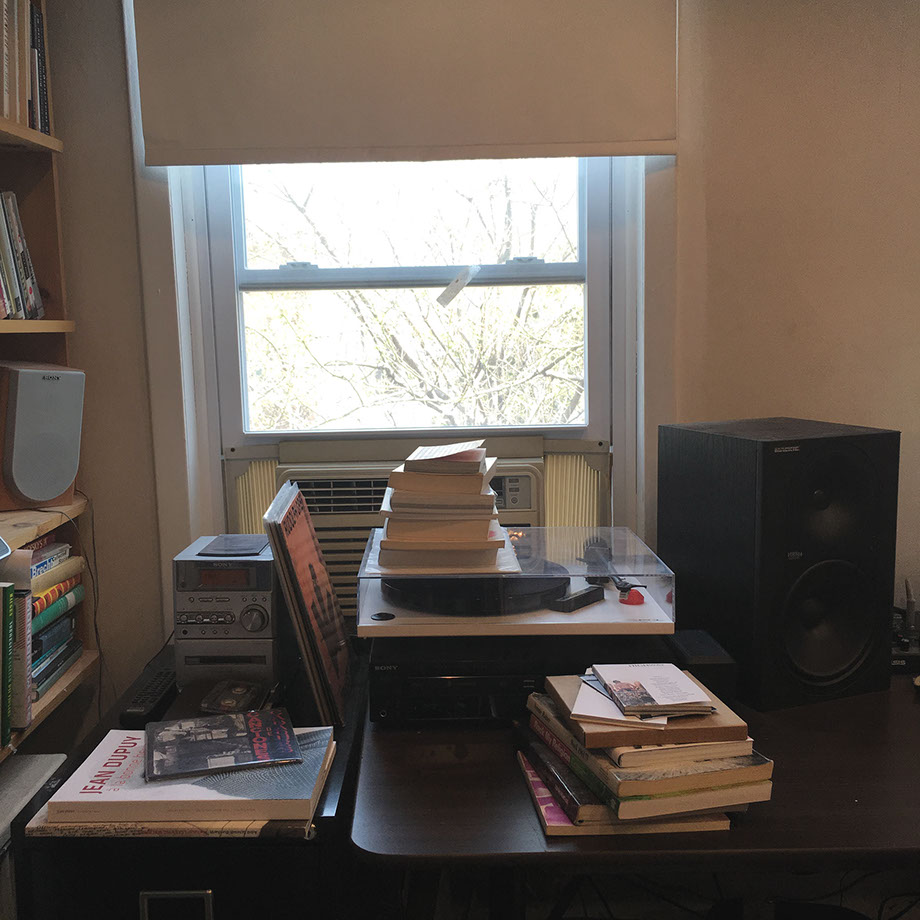The Listeners: With Primary Information's James Hoff

SA Editor Nate Wooley talks to and listens with James Hoff
I have often perceived Primary Information cofounder James Hoff as a kindred spirit. We are both motivated to do a specific kind of work—outside our own musical creative impulse—that is defined by a passion for dissemination. The trait with which I identify most with Hoff and everyone at PI is their self-identification as a tool for presenting to the world the ideas that excite them most. Pure enjoyment of art or music is one thing, but to get pleasure from sharing that work with a broader audience is nothing short of missionary zeal.
This desire to present, to champion, to remind is propaganda in its finest form. It is the role of the artistic/aesthetic cheer squad or the shady man on the corner dealing vials of contemporary art and lateral thinking to impressionable youth. Hoff sees value in the dialogue that comes from the juxtaposition of artwork from the past with contemporary work, and, even though we’re approaching different topics in different ways, so do I. We’re both propagandists, and this discussion is ultimately about our favored way to make our point.


